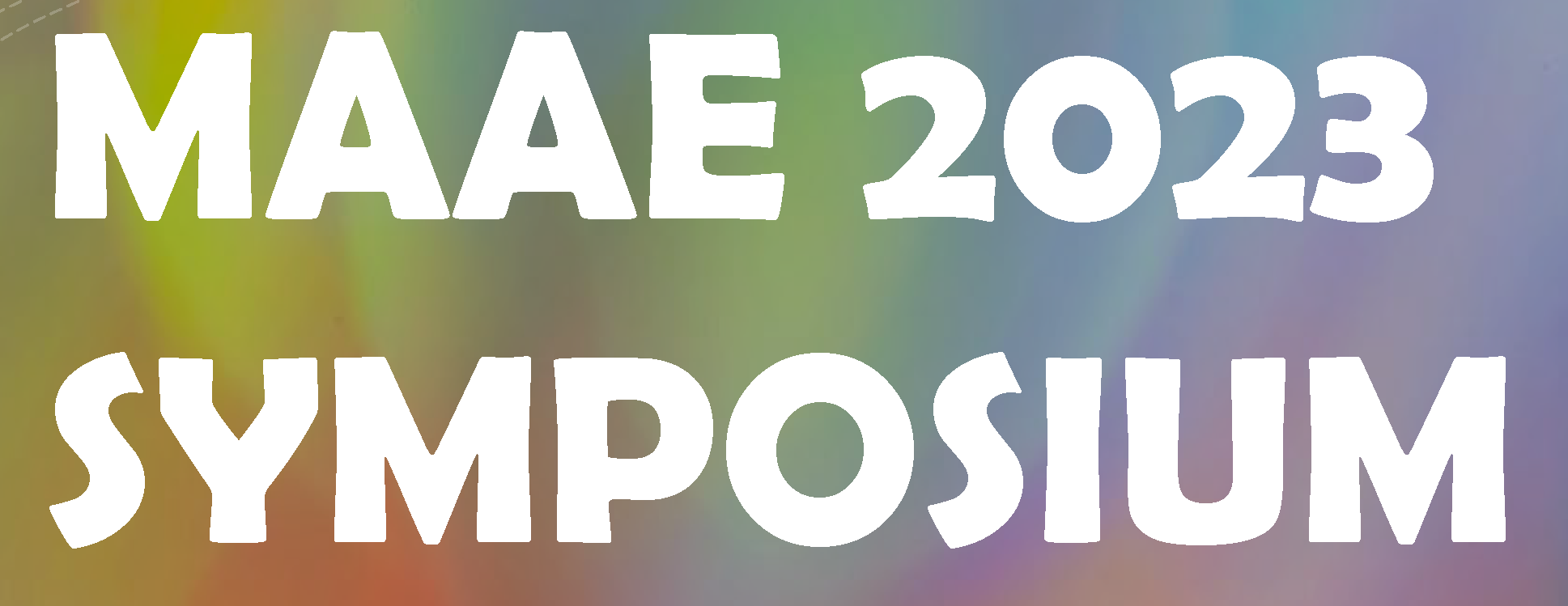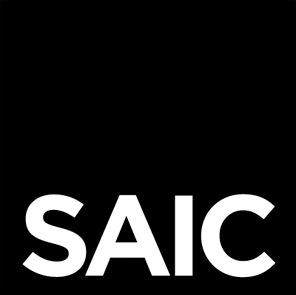I am a Brazilian-American visual and intermedia artist, educator, researcher, and curator. In addition to my work as a graduate student in Art Education, my practice is deeply connected to sharing knowledge and engaging in conversations that happen unexpectedly. This simultaneously allows me to work collaboratively with institutions and exchange knowledge with other educators and museum professionals while learning about myself – my culture(s), knowledges, and identity – and the multiple coexisting worlds that are constantly interacting and transforming each other. It inspires me to continue deepening and growing my practice and research around contemporary multi and transcultural relationships with Indigenous knowledges and hybrid cultures as I work to spin webs between arts, educational institutions, and community pedagogies and knowledge-building practices. Guided by these principles and ways of working, I have worked in different projects and partnerships on arts programming, exhibition facilitation, teaching and curriculum development, and curatorial practices.
Ways of returning: Indigenous-Alien networks and hybrid methods of a pedagogy of webs in institutions of art and education
In this study, intersections between three cultural workers’ experiences with displacement, isolation, resistance, and connection, and networks on the complex fabric of the uncommons (De la Cadena & Blaser, 2018) highlight existing ways of working together (Benites & Lafuente, 2018) guided by transamerican Indigenous and hybrid epistemologies as they exist in the contact zone with historically Western-centered institutions of art and education. My ways of engaging with knowledge and my experience as a Brazilian-United Statesian migrating to the US, constitute the guiding methodological threads for this project, resulting from a combination of active search and “serendipitous encounters.” Acknowledging and reflecting on both challenges and potentialities of Indigenous presence within culturally formative spaces ranging from museums to higher education institutions, I considered examples of the practices of the educators, artists, museum professionals, and researchers Michelle Brownlee (Ojibwe), Kelly Church (Ottawa/Pottawatomi/Ojibwe), and Uýra Sodoma (Munduruku), currently in the United States and Brazil, through interviews, observations, site visits, written exchanges, and biblio-videographic materials. Journal entries in my sketchbook, written reflections and poetic essays on my shifting identity and perspective within a new institutional context, as well as my artistic production, supported the interpretation of documentation obtained through verbal, observational, embodied, and written exchanges. Inspired by Indigenous-Alien encounters (Caboco, 2020) and published articles, interviews, and books by Brazilian and other Latin American and Indigenous scholars and cultural workers, this study identified paths for dreaming and creating other possible institutional practices as they suggest methods of expanding decolonial cracks where alliances and transculturation result from a search for symmetry between institutional and non-institutional cultural practices. Creating an ecology of practices, this project functions as a political-pedagogical archipelago to document and indicate other possibilities of meaning, knowledge, and worlds to be shared, using the tools and wide-reaching position of the academic context as a knowledge-producing place, with and beyond the everyday locality of these efforts. This transamerican web-like movement that grows from the margins – the invisibilized worlds and their holistic educational practices – into the center – the institutionally established worlds, methods, and definitions of art and education – produces a transpedagogical and hybrid networked system of coexisting ways of working, that operates as a pedagogy of webs by articulating researcher’s and participants’ walkings (Gogan, 2016) – a geopoetic artistic and pedagogical concept aligned with Paulo Freire’s notion of andarilhagem – while navigating through institutional spaces.
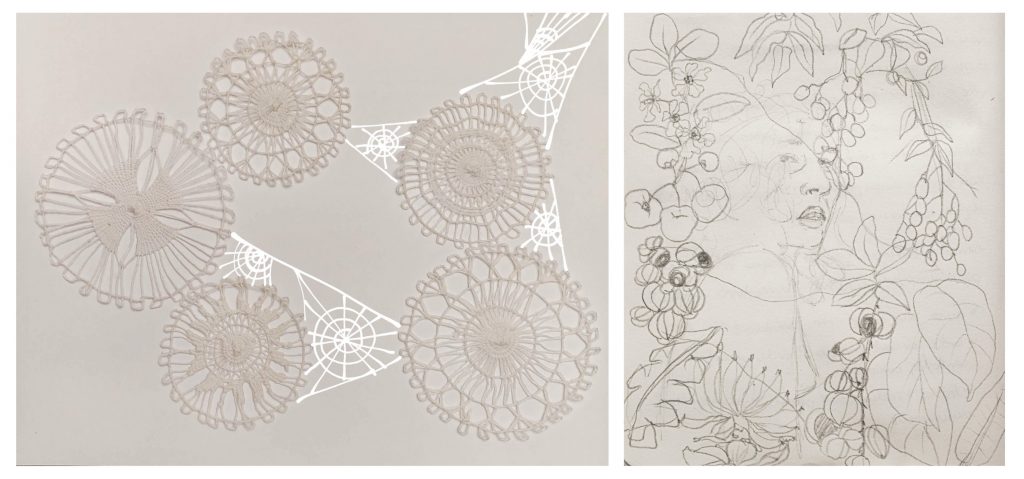 Ñandutí, tecida em vento e raiz. Left: Lace and digital webs are combined in the search for roots to ground me. I weave networks between worlds. September 2021. Right: I sketch on my journal alongside my writing as I try to navigate and inhabit the in-between. August 2022.
Ñandutí, tecida em vento e raiz. Left: Lace and digital webs are combined in the search for roots to ground me. I weave networks between worlds. September 2021. Right: I sketch on my journal alongside my writing as I try to navigate and inhabit the in-between. August 2022.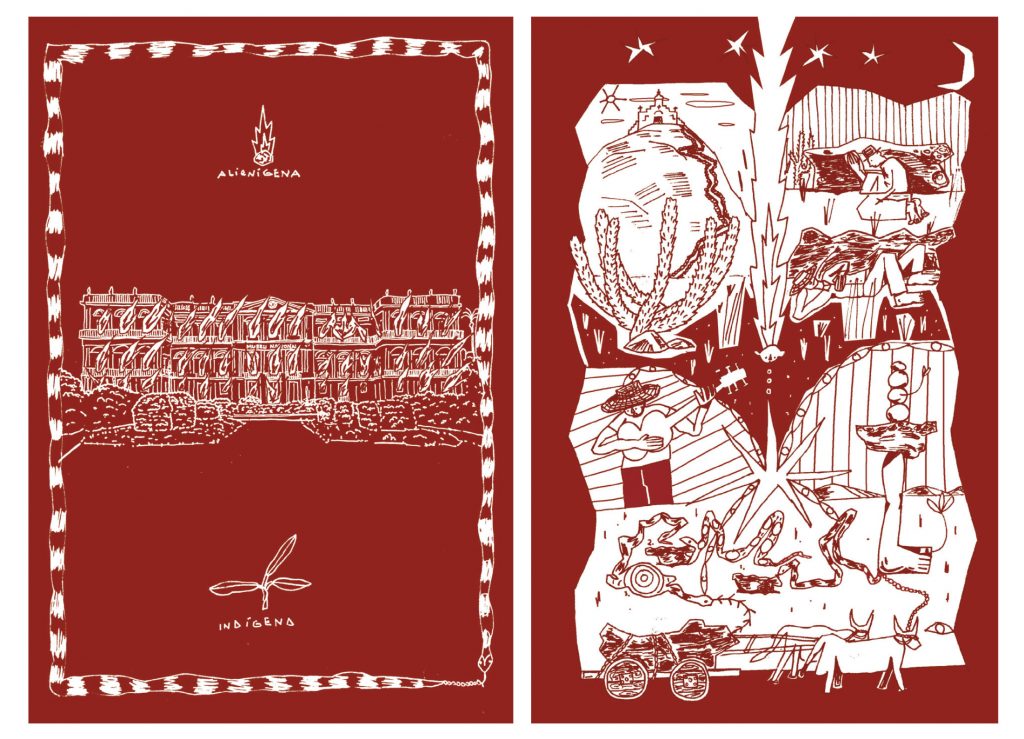 “an Indigenous and Alien encounter; these two universes nearing each other inside the museum in flames”. Gustavo Caboco, #34bienal (Educação) Lançamento da publicação educativa - Bendegó (Youtube, 2021). Drawings related to the artist book Baaraz Kawau [“the field after the fire” in the Wapichana language] (2018). Retrieved from the 34th Sao Paulo Biennial Educational Publication "Primeiros Ensaios", 2020. http://www.bienal.org.br/publicacoes/7702.
“an Indigenous and Alien encounter; these two universes nearing each other inside the museum in flames”. Gustavo Caboco, #34bienal (Educação) Lançamento da publicação educativa - Bendegó (Youtube, 2021). Drawings related to the artist book Baaraz Kawau [“the field after the fire” in the Wapichana language] (2018). Retrieved from the 34th Sao Paulo Biennial Educational Publication "Primeiros Ensaios", 2020. http://www.bienal.org.br/publicacoes/7702.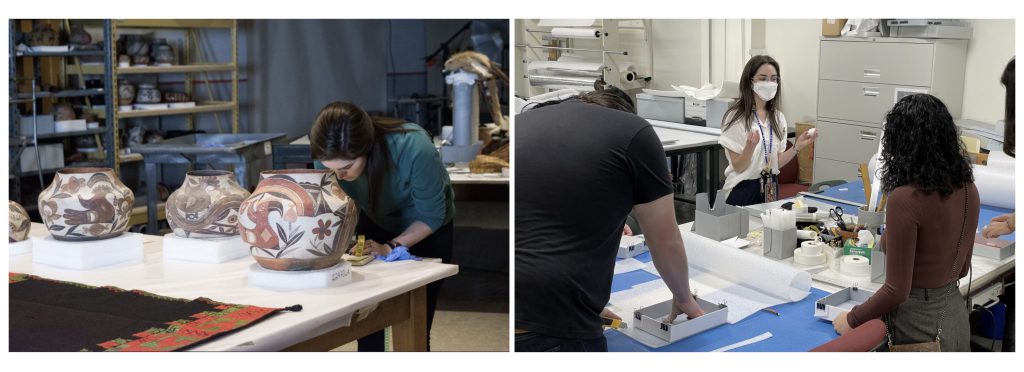 Michelle Brownlee (Turtle Mountain Band, Ojibwe, United States). Collections Manager for the Field Museum’s Native North American Ethnographic and Archaeological Collections. Michelle Brownlee cares for the items in the collection and works with staff, interns, and volunteers to improve collecting practices with Native items in the museum. Courtesy of Michelle Brownlee.
Michelle Brownlee (Turtle Mountain Band, Ojibwe, United States). Collections Manager for the Field Museum’s Native North American Ethnographic and Archaeological Collections. Michelle Brownlee cares for the items in the collection and works with staff, interns, and volunteers to improve collecting practices with Native items in the museum. Courtesy of Michelle Brownlee.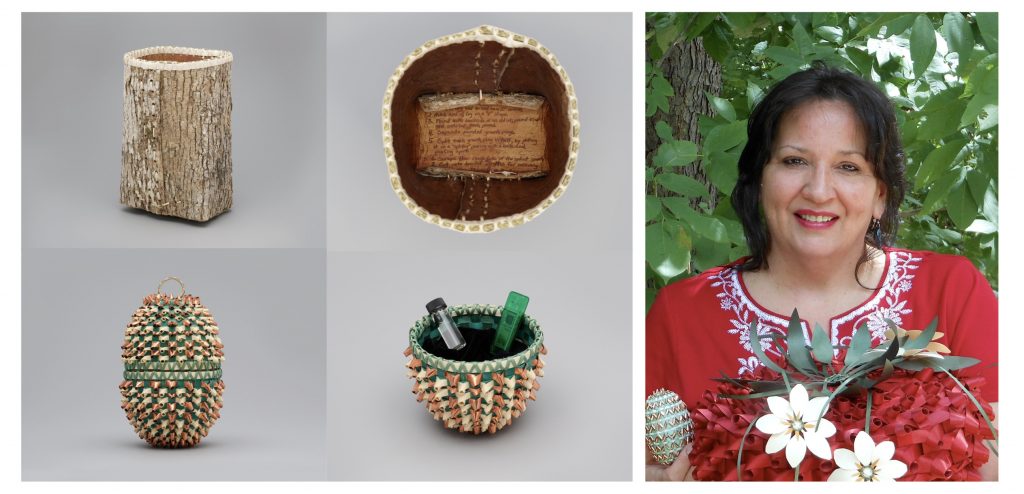 Kelly Church (Gun Lake Band & Grand Traverse Band, Ottawa/Pottawatomi/Ojibwe, United States). Kelly Church (Gun Lake Band & Grand Traverse Band, Ottawa/Pottawatomi/Ojibwe, United States). Black ash basket maker, fiber artist, educator, activist, and culture sharer. Her works "Black Ash Teaching" (2018, top) and "Sustaining Traditions: Digital Teachings'' (2018, bottom) are part of The Art Institute of Chicago's collection.
Kelly Church (Gun Lake Band & Grand Traverse Band, Ottawa/Pottawatomi/Ojibwe, United States). Kelly Church (Gun Lake Band & Grand Traverse Band, Ottawa/Pottawatomi/Ojibwe, United States). Black ash basket maker, fiber artist, educator, activist, and culture sharer. Her works "Black Ash Teaching" (2018, top) and "Sustaining Traditions: Digital Teachings'' (2018, bottom) are part of The Art Institute of Chicago's collection.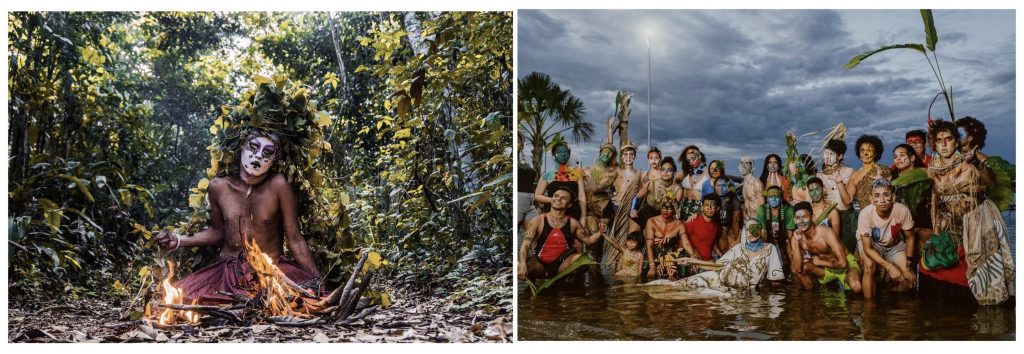 Uýra Sodoma (Munduruku, Brazil). Left: From the photo-performance series "A Última Floresta - FOGO", 2017. Photographs by Matheus Belém. Retrieved from Flickr (Uýra Sodoma). Right: During the tour of the documentary "Uýra - A Retomada da Floresta" [Uýra: The Rising Forest] (directed by Juliana Curi, 2022) in the Brazilian Amazon, Uýra led metamorphosis workshops for attendees. Courtesy of Mitch Swan.
Uýra Sodoma (Munduruku, Brazil). Left: From the photo-performance series "A Última Floresta - FOGO", 2017. Photographs by Matheus Belém. Retrieved from Flickr (Uýra Sodoma). Right: During the tour of the documentary "Uýra - A Retomada da Floresta" [Uýra: The Rising Forest] (directed by Juliana Curi, 2022) in the Brazilian Amazon, Uýra led metamorphosis workshops for attendees. Courtesy of Mitch Swan.